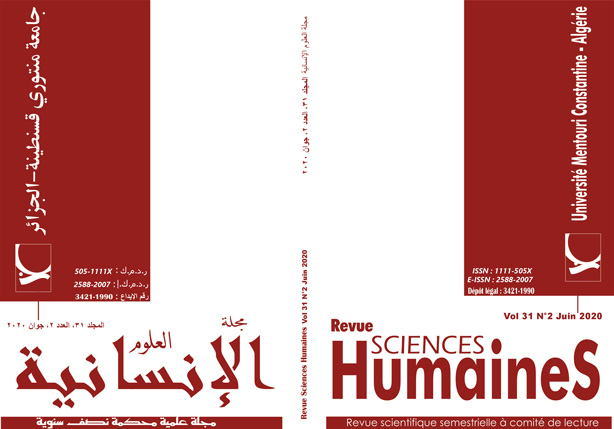Adapting Piagetian Concepts to L2 Learning: Pedagogical Implications
Mots-clés :
action, equilibration, adaptation, strategies, interestRésumé
Piaget believed that action stands at the very heart of any intellectual development. In a similar fashion, the author is inclined to argue that success in L2 learning takes its roots in action. The aim is to call for adapting Piagetian concepts to L2 learning. In the present study, the author will attempt to: (1) account for some of Piaget’s basic concepts within the context of general learning, namely action, adaptation (through the interplay of the two processes of assimilation and accommodation), and equilibration, (2) show how these may be used in the area of language learning and communication, (3) show how affective influences have some bearing on action, and (4) suggest and discuss some pedagogical implications with respect to interest, personality, learning style, streaming, and learning strategies along with their teachability.
Téléchargements
Références
Piaget, J. La Psychologie de l’Intelligence. Armand Colin, Paris. 1947.
Singer, D. G. and Revenson, T. A. A Piaget Primer: How a Child Thinks. First Plume Printing, Rev. ed. 1996.
McNally, D. W. Piaget, Education and Teaching (Second edition). The Harvester Press Limited. 1977.
Krashen, S. D. The Input Hypothesis: Issues and Implications. New York: Longman. 1985.
Krashen, S. D. Second Language Acquisition and Second Language Learning. Prentice-Hall International English Language Teaching. 1988.
Swain, M. Communicative competence: Some roles of comprehensible input and comprehensible output in its development. In S. M. Gass & C. G. Madden (eds.), Input in Second Language Acquisition. Heinle and Heinle Publishers. 1985: 235-353.
Boulouffe, J. Intake as the locus of equilibration in language learning. Language Learning, 36. 1986, 245-75.
Dörnyei, Z. Krashen’s input hypothesis and Swain’s output hypothesis in practice: Designing ‘i+1’ teaching techniques. English Teaching Forum, XXIX. 1991, 33-5.
Schmidt, R. The role of consciousness in second language learning. Applied Linguistics, 11. 1990, 129–58.
Long, M. H. Stabilization and fossilization in interlanguage development. In C. J. Doughty & M. H. Long (eds.). The Handbook of Second Language Acquisition. Blackwell Publishing Ltd. 2003.
Furnham, A. Language and personality. In H. Giles & W. P. Robinson (eds.). Handbook of Language and Social Psychology. John Wiley & Sons Ltd. 1990.
Littlewood, W. Foreign and Second Language Learning: Language Acquisition Research and its Implications for the Classroom. CUP. 1984.
Cook, V. Second Language Learning and Language Teaching. Edward Arnold. 1991.
Larsen-Freeman, D. and Long, M. H. An Introduction to Second Language Acquisition Research. London: Longman. 1991.
Bialystok, E. The comparability of teaching and learning strategies. Applied Linguistics, 6. 1985, 155-26
Téléchargements
Publié-e
Comment citer
Numéro
Rubrique
Licence

Cette œuvre est sous licence Creative Commons Attribution - Pas d'Utilisation Commerciale - Partage dans les Mêmes Conditions 4.0 International.
















